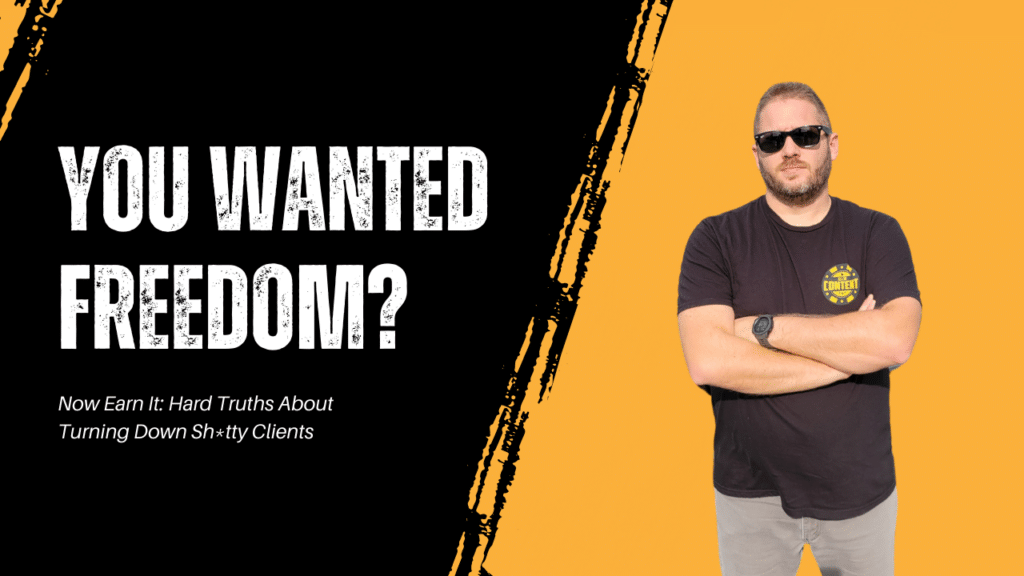No matter how good you are (or think you are), there is always an opportunity to get better for not only yourself but your team. To improve ourselves, we must use both good and bad experiences to strengthen our skills. You must demonstrate a learning mindset to be genuinely effective. Your personal development is key to your success.
Pay Yourself First
If the saying is that you should pay yourself first, then block off personal development in your calendar as one of your priorities when figuring out your schedule. First, I recommend striving to find a minimum of 1 hour per week for your personal development. That’s right, finding a minimum of 1 hour per week. You might be thinking I don’t have an hour per week, between all the meetings and tasks you need to do, to find dedicated time to focus on myself. I argue that if it’s essential, that you certainly do. Prioritizing yourself is not selfish; it’s a necessity. You are responsible for driving your career and development. No one is going to be your biggest champion for wanting you to succeed more than you.
Sources Of Personal Development
It’s important to ensure that you stay current on the latest best practices, new technology, and trends in your industry as a leader. Staying current is the key to ongoing personal development. There are multiple ways to keep yourself well-informed, always learning, and developing.
Read As Much As You Can
From books, whitepapers, blogs, Harvard Business Review articles, etc., there is no shortage of material about leadership and management. Seek out new areas of interest to give yourself more perspective, ideas, or ways to round out your knowledge better. I aim to read a minimum of 1 hour throughout the day. One hour spread throughout the day isn’t that much at all. A few minutes over breakfast, a little bit around lunch, and sometimes before bed. Before you know it, you are making tremendous progress.
Watch Videos
Whether it’s part of an e-learning platform like Lynda.com or Udemy, downloading or streaming these videos can be incredibly beneficial. I have found watching these videos over breakfast to be a great way to start the day! Short, small bite-sized clips of motivation or inspiration can sometimes lead to new ideas. With Bluetooth available in most vehicles nowadays, I have also found that listening to the audio component of these videos alone while commuting to and from work can be a great option. For something free, using YouTube can be an effective way to learn. When confronted with an unfamiliar task, such as completing something specific in Excel, I always look on YouTube for a short video that can help.
Attend Conferences or Workshops
There are conferences or networking opportunities available for you to meet and connect with others in almost any profession. These conferences provide an excellent opportunity to discuss best practices, ideas, and trends with colleagues in similar situations to you. There are usually many additional courses and breakout sessions available for you to target your learning and professional development at these conferences.
Ask Questions
You can’t be an expert in everything, so be curious and ask questions of others. Find out about the responsibilities, frustrations, and experiences of those you work with. Shadowing them and seeing a day in the life can go a long way in providing you with insights. You may even learn about a new opportunity for yourself or how your team can provide more value. When you attend conferences or networking events, maximize your time and value by learning more about those you meet. By asking questions and sharing your story, you might learn a lot more while forming stronger relationships.
Practice What You Learn
To be most effective, you must practice what you learn. It’s one thing to read or view something, but it’s another thing to put what you have learned into practice. It’s important to try new methods and tactics when leading others to keep things going stale, boring, or repetitive. Through trial and error, you gain a greater understanding of what works and doesn’t.
Sometimes what you think might be a great idea will land flat and not resonate, but sometimes it will. The key is knowing your people, understanding what motivates them, what they like/hate, and what their preferred learning and communication style is. By focusing on your development, you reduce the chances of hitting a plateau. You drive more change and innovation, thus creating a more engaging environment for your team.
Keep Getting Better
To indeed grow your style and leap to the next level, you need to get better. Practice is essential. Below are some ways to get better at practicing what you learn:
- Whatever you are trying to master must be repeated a lot (it takes 18-21 days to make or break a habit, for instance).
- Feedback on results must be continuously available and solicited from your team.
- Be honest with your team about trying something new, and they will be more willing to work on it.
- Make whatever you are trying fun and memorable.
To be the best version of a leader you want to be known for, it’s not just about having specific characteristics. You need to have the right tactics and strategies at your fingertips to use when you need them. By focusing on improving your skills and having a learning mindset, you can better tackle all sorts of people. These process and tool situations will undoubtedly arise throughout your journey. You need to develop yourself personally.







